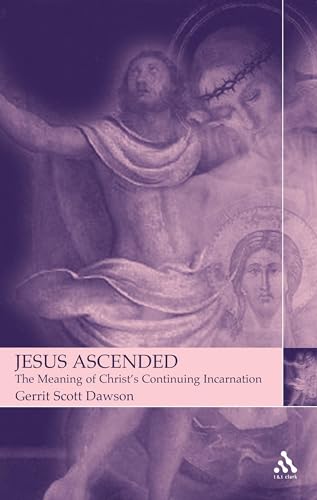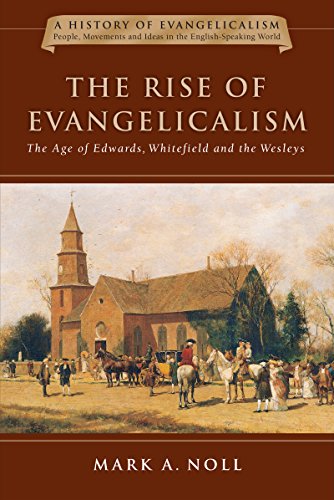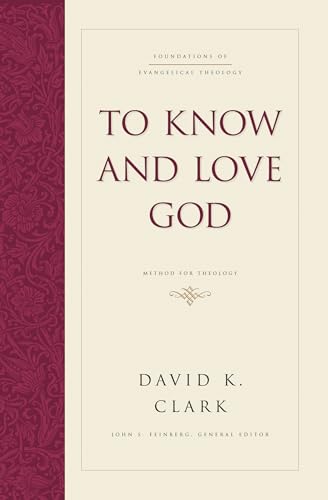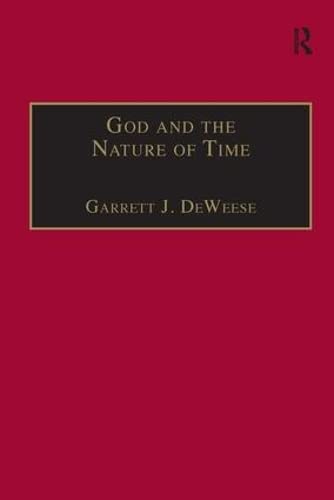JESUS ASCENDED—THE MEANING OF CHRIST’S CONTINUING INCARNATION
Written by Gerrit Scott Dawson Reviewed By Gerald BrayAs the pastor of a large church in the American, Bible belt, Mr Dawson is well aware of how it is possible for a congregation to be large thriving and attractive, without really being transformed by the spiritual power of Jesus Christ. His book comes out of such an experience and is addressed to it in a way which is accessible to ordinary people, yet deeply rooted in Christian theology and fresh in its insights and suggestions as to how the doctrine of Christ’s ascension can be applied to church life today.
Mr Dawson begins with the assertion that the ascension is a historical fact—‘public truth’ as he calls it—which has fundamentally altered the course of human history. Yet, for some strange reason, it has been widely neglected even by conservative, orthodox Christians, who usually see it as little more than epilogue to the main events of Christ’s death and resurrection. It was not always so says Mr Dawson. One of the delights of his book is the way in which he brings out the extensive treatment which the ascension received in the Church fathers and in the writings of the magisterial Reformers. He take us through Irenaeus, Augustine, Chrysostom and Calvin with almost effortless ease, making their thoughts on the subject both comprehensible and relevant to a modern audience. Nor is he afraid to tackle the scientific issues raised by the doctrine. He does this to the point of demonstrating how Calvin’s understanding of the ascended body of Christ was so ahead of its time as to be compatible with the insights of modern physics.
Mr Dawson does not stop there. He also shows us how central the ascension is to our understanding of the work of Christ. It is the point at which his earthly work was finally accomplished and his heavenly work began. It is the reality which determines the way in which we now appropriate his sacrifice and death for our sins. Without the ascension, there would be no Christian life as we know it, because it was the essential precondition of the sending of the Holy Spirit at Pentecost and the creation of the Christian church. As a result of that, we now have access to the sacrifice of Christ, which remains bodily present in eternity. When we have grasped that and started to apply it to our lives today, everything comes out looking different. A worldly church is transformed into an otherworldly one, but without losing its humanity. On the contrary, it gains its true human purpose by coming to understand what it means to share in the risen, ascended and glorified body of Christ.
This is an important book on a neglected subject, which will be all the more valuable for being written in a conversational style, fully accessible to the non-specialist. It serves the needs of student and pastor alike, and should certainly find an honoured placed in every preacher’s bookcase.
Gerald Bray
Gerald Bray is research professor of divinity at Beeson Divinity School in Birmingham, Alabama, where he teaches history and doctrine. He is a minister in the Church of England and the editor of the Anglican theological journal Churchman.






